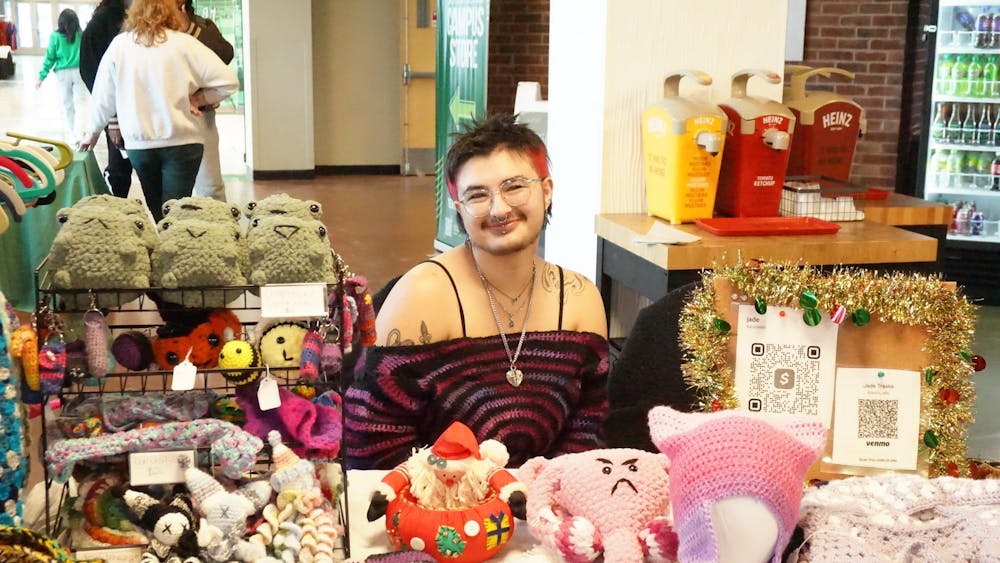Inspired by the “A Herstory of the #BlackLivesMatter Movement” blogpost by Alicia Garza, a conversation was held about Intersections: The Theft of Black Queer Women’s Work on Monday in the Student Center.
The discussion gave students the opportunity to talk about the current situation of minorities in the current society, including the #BlackLivesMatterMovement.
“I think that [the conversation] was beautiful,” a sophomore marketing major Maya Sewell said. “It was an opportunity for people who typically don’t have their voices heard to have them heard and have them appreciated and have them feeling like they’re not alone.”
The #BlackLivesMatter movement was founded by Alicia Garza, Patrisse Cullors and Opal Tometi.
“I think the fact that a lot of people didn’t know that the movement was started by three black queer women and trying to understand and unpack that,” a senior women and gender studies major, Tristan Morton said.
In the blog, Garza defines the movement as an “ideological and political intervention,” leading to the discussion about the movement as a whole.
“In the sense of the media, they only focus on black men and they don’t see it as a legitimate movement,” Morton said. “We are more like anarchists and we are just being very rowdy and need to calm down. But all of these tension has been going on for so long. We have to understand that this has been a build up over time and we need to recognize and understand the multitude of this movement and how it is needed to be manifested.”
Some said they believe instead of #BlackLivesMatter it should be #AllBlackLivesMatter in order to include everyone and to be more effective.
“I think all black lives matter is very effective,” Sewell said. “It’ll get a lot more done. In order to have an effective revolution started you have to focus for the big picture. I’m all for including as many black lives as possible, but mainly the only reason that you started on the civil rights movement and got it passed was because we focused on such a large group. I know it makes a lot of people forget about the smaller groups but the larger groups are easier to handle.”
A movement can be defined by a group of people who are seeking change to be made which can also be a controversy at times.
“I think everyone is afraid of change,” said Jasmine Reynoso a first year graduate student in women and gender studies. “I don’t think people can always wrap their head around something changing because they’re so accustomed to how things are.”
The oppressed group who is trying to make the change can sometimes be influenced by the dominant group.
“I think that people who are being oppressed shouldn’t think about it [as balancing each other out],” Reynoso said. “I think it shows the oppression engrained in our minds and that we have to be stronger than that and to kind of realize that we are our own individuals and can make a change without using what they’ve ingrained [in] us.”









